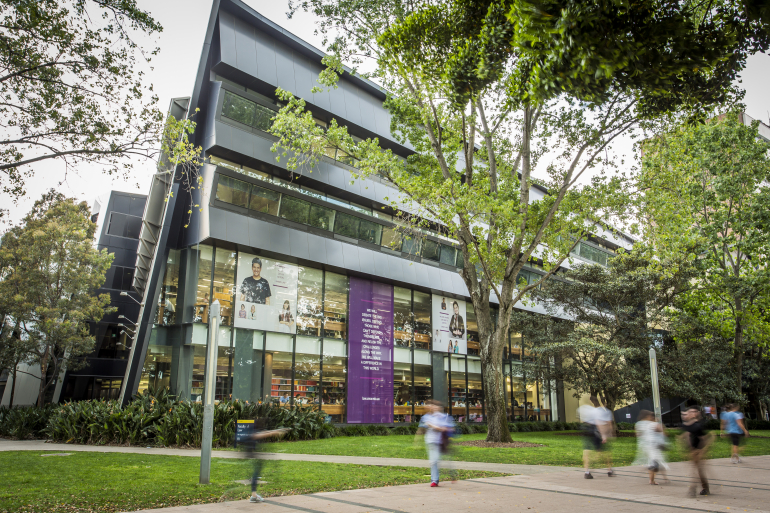For a printable brochure click here.
Western democracies continue to regard the greatest threat of terrorism as coming from Islamic terrorism. Legal and non-legal strategies to combat terrorism, such as community inclusion initiatives, immigration restrictions and new criminal offences, have been developed with this specific threat in mind. Nevertheless, there is a growing recognition of the significant threat posed by right-wing extremism.
This two day workshop brings together domestic and international experts from a range of disciplines to discuss the implications of the growth of right-wing terrorism, the distinctive challenges it poses, and best practice in terms of legal and non-legal responses. In particular, this workshop seeks to evaluate whether the strategies that have been adopted to date in response to Islamic extremism are ‘fit for purpose’ in responding to right-wing terrorism.
Abstracts
The workshop organisers invite abstracts of no more than 300 words to be emailed to Dr Nicola McGarrity at n.mcgarrity@unsw.edu.au by 1 February 2019. A decision regarding papers will be communicated to participants by 15 February 2019.
We particularly encourage abstracts from PhD researchers, early-career researchers and practitioners.
To enable in depth discussion at the workshop, presenters are required to submit a six page outline of their paper to the workshop organisers by no later than 17 June 2019. Outlines will then be circulated to the workshop participants two weeks in advance. The intention of the workshop organisers is to publish select papers from the workshop as special issues of two journals (one in the social sciences and one legal). Full papers will therefore be due by no later than 1 November 2019.
Indicative Program
SESSION 1 – Defining Right-Wing Terrorism
Papers might address: legal definitions of ‘terrorism’; the relationship between right-wing terrorism and other crimes, including hate crimes and speech offences; difficulties in drawing the line between right-wing terrorism and extremism; and representations of right-wing violence in the media and political discourse.
SESSION 2 – The Extent of the Threat
Papers might address: specific countries or regions; particular aspects of the threat (for example, the online threat or the threat posed by right-wing organisations); or identify general trends.
SESSION 3 – The Distinctive Challenges of Right-Wing Terrorism
This session will examine the distinctiveness (or otherwise) of right-wing terrorism as compared to other forms of terrorism, and the challenges that this poses for domestic and/or international responses.
SESSIONS 4-7 – Responding to Right-Wing Terrorism
The remaining four sessions of the workshop will address how best to respond to the threat of right-wing terrorism. As this is an interdisciplinary workshop, the aim of the organisers is to incorporate papers that examine responses to right-wing terrorism from a range of perspectives (including legal, security studies, criminological, psychological and media studies).
The papers in these four sessions may adopt a range of approaches (with the following merely being examples). Presenters may look at the contribution of a particular discipline, such as psychology, in responding to the threat of right-wing terrorism. Alternatively, they may critically evaluate the response of a specific country or region or a particular type of response (for example, community initiatives or speech offences).
Presenters may also adopt a conceptual approach, for example, considering whether the concept of militant democracy provides a useful framework for thinking about responses to right-wing terrorism. Whilst the workshop has a particular focus upon evaluating current and guiding future responses to the threat of right-wing terrorism, we acknowledge the importance of learning from history. Therefore, papers examining historical responses to the threat of terrorism are welcomed.
Workshop Organisers
Dr Jessie Blackbourn Centre for Socio-Legal Studies, University of Oxford
Dr Nicola McGarrity Faculty of Law, UNSW Sydney
Professor Kent Roach Faculty of Law, University of Toronto
Dr Svetlana Tyulkina Faculty of Law, UNSW Sydney
Funding
Presenters should seek to have their travel costs covered by their home institution. However, the organisers recognise that this may not always be possible. Accordingly, a travel fund is available to support participants in the event that they require financial assistance (up to a maximum of $875 per international presenter and $350 per domestic presenter).
Workshop Host
The workshop will be hosted by the Gilbert + Tobin Centre of Public Law and the Centre for Crime, Law and Justice at the University of New South Wales in Sydney, Australia.
The University of New South Wales is a leading Australian and international university. As part of its 2025 Strategy, the University is committed to building teams of researchers across faculties and disciplines to address the grand challenges of the future.

